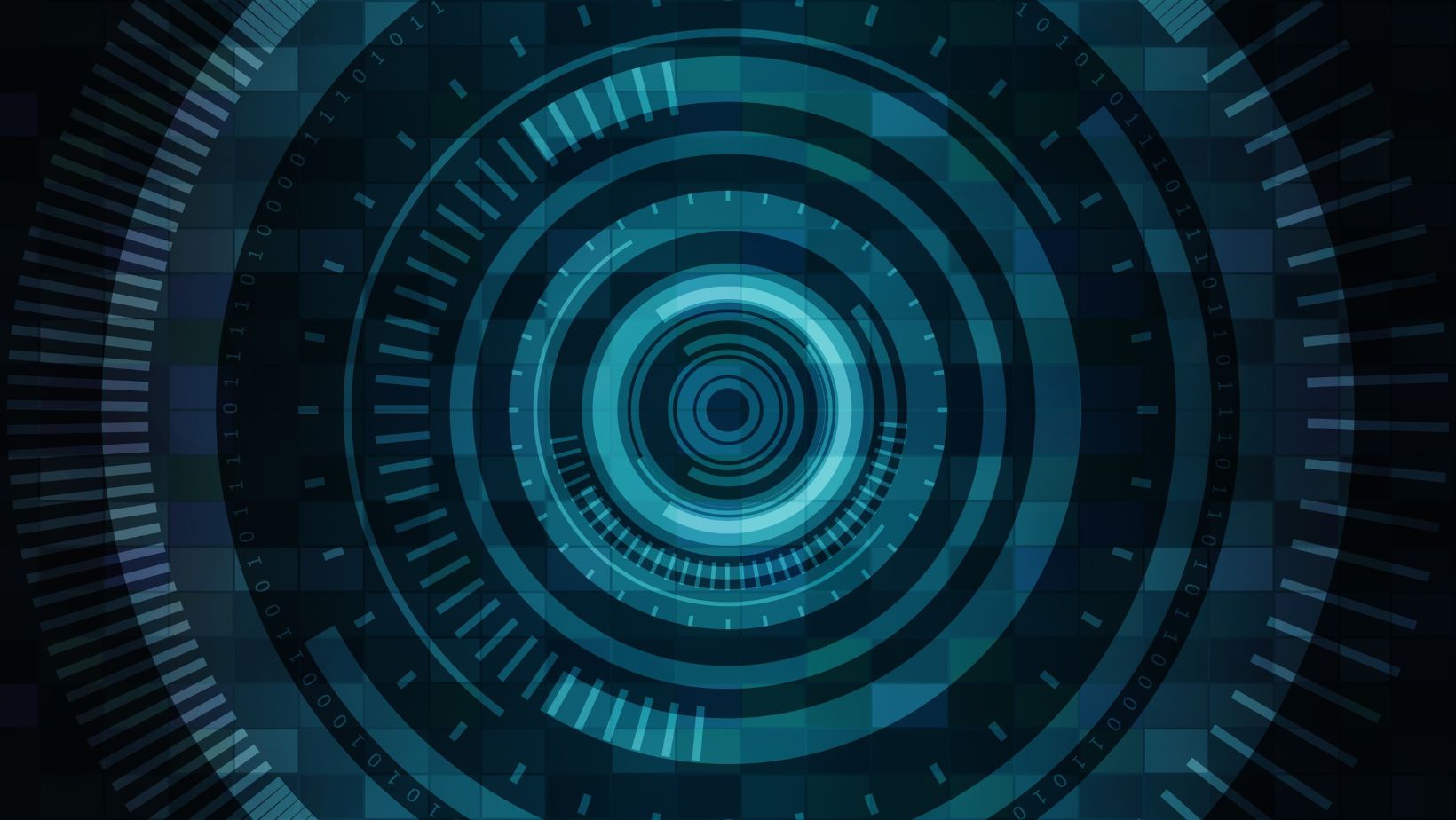 Marketing is evolving at an unprecedented pace, driven by advancements in artificial intelligence (AI). AI-powered image generators are playing a transformative role in digital marketing, allowing brands to create highly engaging visuals with minimal effort. These tools are revolutionizing content creation, personalizing advertisements, and streamlining workflows, making marketing campaigns more efficient than ever. However, the integration of AI-generated imagery into marketing also raises ethical concerns, as seen in controversial applications like deepnude, which highlight the potential for misuse. Despite these challenges, AI image generators offer immense potential for marketers looking to stay ahead in the digital landscape.
Marketing is evolving at an unprecedented pace, driven by advancements in artificial intelligence (AI). AI-powered image generators are playing a transformative role in digital marketing, allowing brands to create highly engaging visuals with minimal effort. These tools are revolutionizing content creation, personalizing advertisements, and streamlining workflows, making marketing campaigns more efficient than ever. However, the integration of AI-generated imagery into marketing also raises ethical concerns, as seen in controversial applications like deepnude, which highlight the potential for misuse. Despite these challenges, AI image generators offer immense potential for marketers looking to stay ahead in the digital landscape.
The Rise of AI in Marketing Campaigns
Traditional marketing campaigns have long relied on human creativity, design expertise, and time-consuming processes to produce compelling visuals. However, AI image generators are changing the game by automating the creation of high-quality images in seconds. Using deep learning models, these tools analyze vast amounts of visual data to generate realistic and aesthetically appealing images tailored to specific marketing needs.
From social media graphics to product advertisements, AI-powered image generators enable brands to produce a continuous stream of fresh, relevant, and high-quality visual content. This shift is particularly beneficial for small businesses and startups, which may not have the budget to hire professional designers or photographers. By leveraging AI-generated images, companies can maintain a strong visual presence online without incurring excessive costs.
Enhancing Visual Content with AI
One of the biggest advantages of AI image generators in marketing is their ability to enhance visual content at scale. Brands can quickly create diverse variations of marketing materials, ensuring that content remains fresh and engaging across multiple platforms. This includes:
- Social Media Ads: AI-generated visuals can be optimized for different social media platforms, ensuring consistency in branding and design.
- Personalized Email Marketing: AI can generate dynamic images that cater to individual customer preferences, increasing engagement and click-through rates.
- E-Commerce Product Displays: High-quality AI-generated product images can showcase variations of products, improving the shopping experience.
By automating image creation, marketers can focus more on strategy and storytelling while letting AI handle the design aspect of content production.
Personalization and Targeted Marketing
In the age of digital marketing, personalization is key to capturing customer attention. AI image generators allow brands to customize visuals based on user data, making marketing campaigns more relevant and effective. AI-driven personalization works by analyzing consumer behavior, preferences, and interactions to generate images that resonate with specific audience segments.
For instance, an AI-powered marketing campaign can create personalized product recommendations featuring images tailored to individual customers. This level of customization enhances the customer experience, increasing conversion rates and brand loyalty. AI-generated visuals can also be adapted in real-time, ensuring that advertisements remain relevant based on changing trends and consumer behaviors.
Speed and Cost Efficiency
Traditional graphic design and photography require time, effort, and financial investment. AI image generators significantly reduce these constraints by automating the creative process. Businesses can produce high-quality visuals within minutes, reducing turnaround times for marketing campaigns.
Additionally, AI-generated images reduce dependency on costly photoshoots, stock photography subscriptions, and graphic design teams. By cutting costs while maintaining quality, businesses can allocate resources more effectively to other marketing initiatives, such as social media engagement and influencer partnerships.
Ethical Considerations and Brand Integrity
Despite the advantages, integrating AI-generated images into marketing campaigns raises ethical concerns. The use of AI in content creation must align with ethical guidelines to maintain brand integrity and consumer trust.
One major concern is the authenticity of AI-generated visuals. Consumers value transparency, and brands must ensure that AI-generated images do not mislead or manipulate perceptions. For example, AI can create hyper-realistic product images that may not accurately represent the actual product, leading to customer dissatisfaction.
Moreover, AI-generated images must be used responsibly to avoid reinforcing biases or spreading misinformation. Ensuring that AI training data is diverse and inclusive helps prevent issues related to representation and fairness in marketing visuals.
The Future of AI in Marketing
AI image generators are just the beginning of a larger transformation in digital marketing. As technology continues to evolve, AI-driven tools will become even more sophisticated, enabling marketers to create hyper-personalized experiences at scale. Future developments in AI marketing may include:
- Real-Time Image Customization: AI-powered visuals that adapt dynamically based on user engagement and behavior.
- Interactive AI-Generated Content: Marketing campaigns featuring AI-driven animations and interactive elements.
- Augmented Reality (AR) Integration: AI-generated visuals enhancing AR shopping experiences.

Conclusion
AI image generators are revolutionizing marketing campaigns by enhancing creativity, improving efficiency, and enabling personalization at scale. By automating the production of visual content, brands can maintain a consistent and compelling digital presence while optimizing costs and resources. However, ethical considerations must be taken into account to ensure that AI-generated imagery aligns with consumer expectations and brand integrity.
As AI technology advances, businesses that leverage AI image generation will be better positioned to create innovative, personalized, and engaging marketing experiences. In this rapidly evolving digital landscape, embracing AI-driven visual content is no longer an option—it’s a necessity for brands looking to stay ahead of the competition.
